To start thing off I have attached a couple of pictures of recent repairs I have made. Did it make sense to make these repairs? I think so.
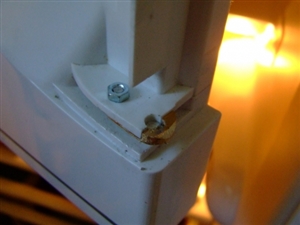
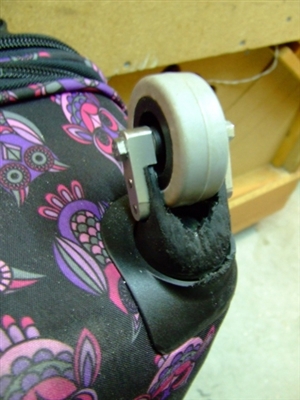
Best regards
Roger
David Dunmore:
David, I never have extended warranties, as you say they're not worth paying for.
The first freezer I bought had the option of a five year extended warranty for £100 - the cost of the freezer was £105 so I took the risk of a £5 loss. I only know of one instance where an extended warranty was worth the money, as a colleague took an extended warranty on his washing machine, and three months before the extended warranty ran out the drum came off the bearings during the 1500rpm spin......
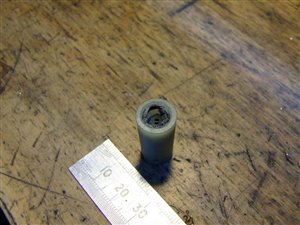
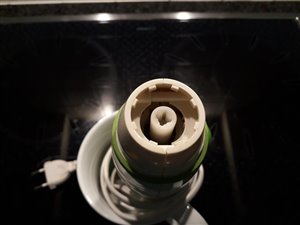
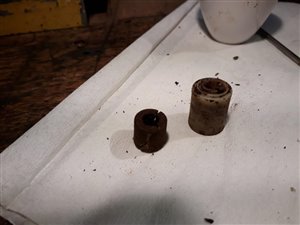
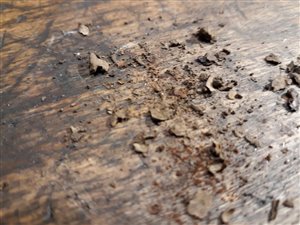
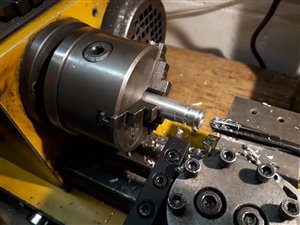
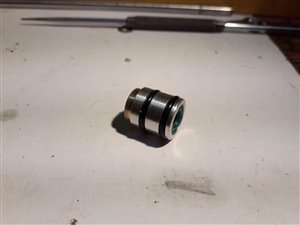
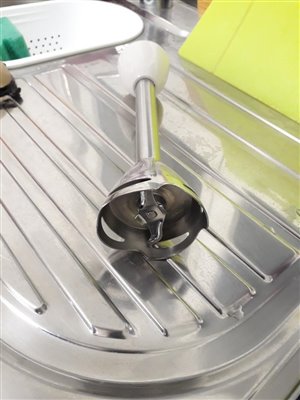

We're about to take you to the IET registration website. Don't worry though, you'll be sent straight back to the community after completing the registration.
Continue to the IET registration site